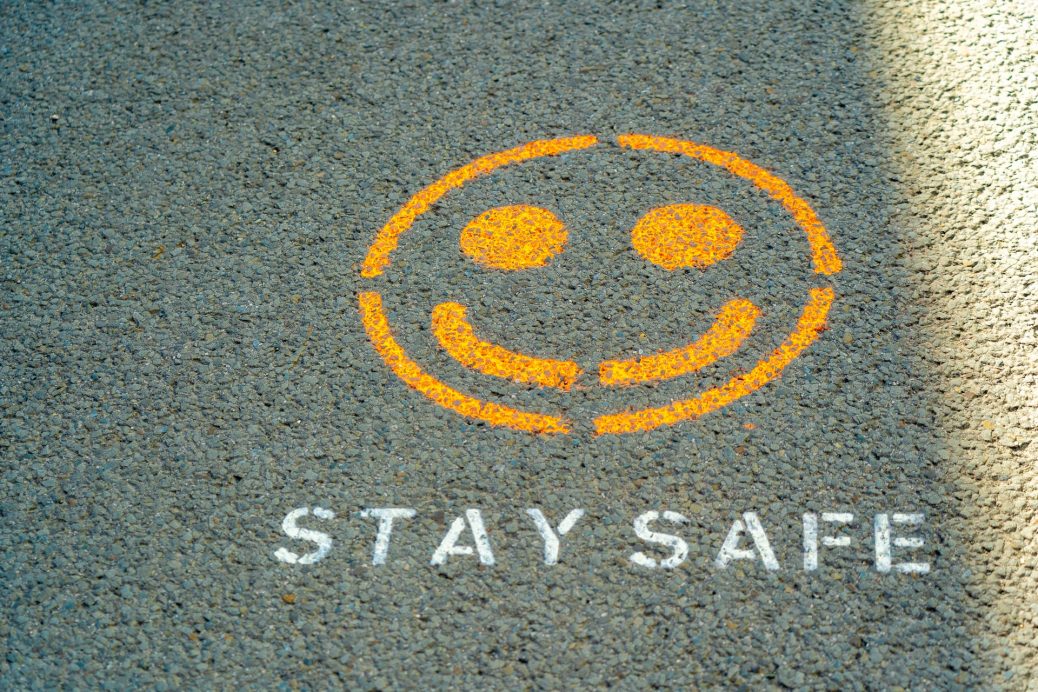There are many problems faced by people with disabilities during Coronavirus. They had been impacted by the COVID-19 pandemic badly. As people with disabilities have confronted many limitations throughout the pandemic. For instance, they may be at a probably higher danger of contracting the virus because of underlying situations, have problems conducting preventative measures or disruptions to health they normally rely upon.
As the pandemic progresses, it’s far essential for both people having with disabilities, and those who’re their caretakers, to take the necessary steps to defend their health. Throughout the pandemic, each day’s existence and get entry to health care has worsened for people with disabilities.
Some of the problems that many people with disabilities face during coronavirus are as follows:
Problem with Wearing Masks
Some people are unable to wear masks due to their medical problems or disability. For example, if a person has joint issues unable and wears the mask again and again in a public place. In some cases, masks can create breathing problems. Persons cannot do lip-reading if they are wearing masks.
No Support or CareTaker
Due to the increase of coronavirus cases, many supporters were denied to give support and to take care of persons/children with disability. This thing makes more problems for them, as no one was there to take care of them.
Unable to Access Different Tools
As there was no physical support, the person who are blind or have visual problems, cannot access many of the programs like screen readers. For people with cognition problems, it is difficult for them to understand the tools. For persons with hearing issues, there was no Sign Language or no Captions are available.
Unable to Access Anything
The person/children who are unable to move independently or require someone else for their support cannot freely move in coronavirus. Even they cannot go outside alone for their medicines, groceries, tests etc.
Problems of People with Disabilities Social Distancing during Coronavirus
The main goal and key coronavirus point are to keep social distance from each other. A person with a disability who needs more assistance and support from others are in big problem and difficulty. As there were no additional caregivers or other approaches for them. Everyone needs socially isolation.
Related Article Caring Special Needs Children during Coronavirus:
Problems of People with Disabilities in Managing Self Care
In managing basic self-care, they may be unable to do wash hands, feet, cannot touch basins or use toilets. Someone may have a problem wearing their clothes.
Coronavirus and Problems of People with Disabilities for Getting Information
Many people with disabilities usually do not have the access to public sector information. Like, there is usually no information given in sign language for a person with a hearing disability. There are no designs, vocabulary, pictures or videotapes that would make people with disabilities comprehend public information easily. Further, people with a disability need food, money and health from the country but they face hindrances in registration.
People with disabilities Face Anxiety and Depressed
During Coronavirus, the life patterns of people with disabilities have become limited. Like, if one person used to be within one space due to his disability before the covid, he is now more limited in his activity during the coronavirus. This pandemic causes people with disabilities to face higher levels of depression, tension, stress and anxiety.
Related Article: Teachers Support during Coronavirus
Financial Difficulties
Even before the pandemic, people with disabilities worked hard to achieve financial protection and freedom. During coronavirus, they face a higher level of unemployment, which creates even more problems for them to live a life. The mark and stigma associated with the abilities of people with disabilities have also been heightened by the coronavirus.


